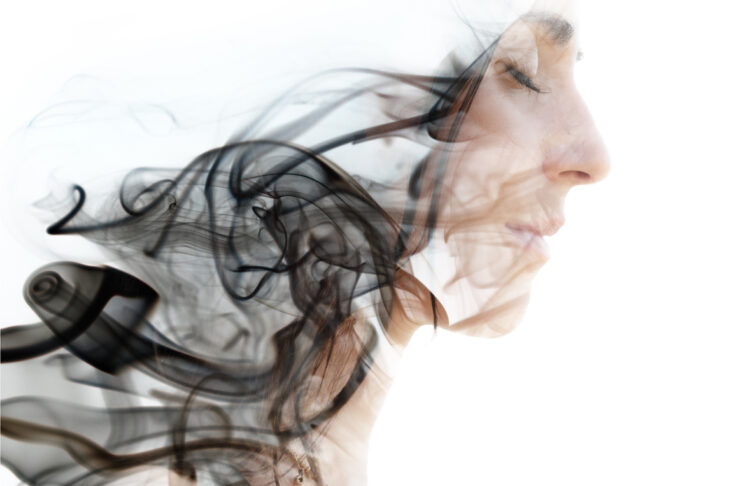ADHD gets a pretty bad rap. From the stigma attached to ADHD meds to claims that kids are over-diagnosed to the name itself, which focuses more on the effects ADHD has on other people, rather than the person who has it, it can be hard to figure out how to function with the disorder.
I, like many people, did not pursue a diagnosis until I was well into adulthood and, as such, operated under the false presumption that ADHD can be summed up as the “can’t sit still disorder.” However, after my diagnosis and some research, I learned of perhaps the most prevalent and yet most overlooked aspect of ADHD: rejection-sensitive dysphoria (RSD).
The term “dysphoria” is often used in tandem with gender. The root of the word literally translates to “difficult to bear,” and refers to general dissatisfaction and unease. Rejection-sensitive dysphoria, however, is characterized by perception. Neurotypical, or mentally healthy people, may make mistakes or face rejection, and while they can experience pain, it is not debilitating. But for someone with ADHD, even the smallest indication of rejection is enough to send them into intense mood swings and self-loathing.
Once I learned about this, everything made sense. Overanalyzing conversations for fear I had made a gross breach of social conduct, perceiving small changes in tone as indications of hatred, constantly fretting over the most minuscule of mistakes. These behaviors defined my childhood and adolescence. Even now, as I start a new job, I feel petrified that if I ask too many questions, my extremely lovely and patient supervisor will decide that I am no longer worth the effort and kick me to the curb.
Of course, there’s no reality in these fears. Everyone makes mistakes, everyone asks questions, everyone hurts other people sometimes, and they survive. But no matter how many times someone with RSD is reminded of this, it doesn’t seem to make any difference.
After my diagnosis, I wondered if RSD had anything to do with my reluctance to dig deeper into my Jewish history, and was met with a resounding yes. Why should I learn Hebrew if everyone else already knows? Why should I study or speak up if there’s a chance someone won’t like me? Why become involved in my own community at the risk of making a single mistake? These swirling thoughts may sound ridiculous, but to me, they all read as the voice of reason.
Judaism encourages questions and mistakes and arguments, which is one of the main reasons I love it. One thing that has helped me is having a neurodivergent partner who is understanding of my trepidation, but does not enable it. Her reassurance quiets the weird, twisted-up noise in my brain and makes it easier to see things clearly. Learning about RSD has also helped, in the way that knowing the name of something gives you the tools to fight it. I know now that my anxieties come from me, and they are based very little in evidence from the real world. I’m interested to see how the cultural perspective of ADHD changes as more information about rejection-sensitive dysphoria comes to light.



